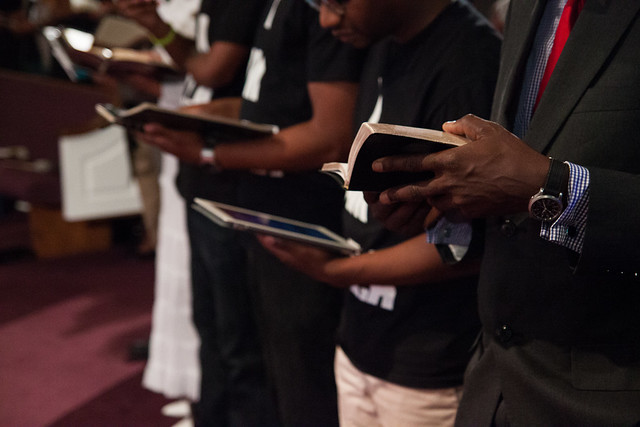In Sherbert v. Verner, 374 U.S. 398 (1963), the Supreme Court ruled that government can restrict the free exercise rights of individuals only if the regulations survive strict scrutiny, placing a steep burden on state laws in such cases.
Sherbert fired for not working Sabbath Saturday, denied unemployment
Adele Sherbert, a Seventh-day Adventist, was discharged by her employer after she refused to work on Saturdays, the Sabbath in her religion. The state subsequently denied Sherbert unemployment benefits because she did not accept available work from three other employers who wanted her to work on Saturdays.
Having lost in the lower courts, Sherbert appealed to the Supreme Court, contending that the law violated her free exercise of religion rights.
Court found denial of benefits violated religion rights under First Amendment
In the opinion for the court, Justice William J. Brennan Jr. held that the denial of unemployment benefits to Sherbert imposed a burden on her free exercise rights under the First Amendment. Establishing a strict scrutiny standard, the Court held that the state’s assertion of administrative convenience — that is, that it would be easier to deny benefits to all than to ascertain which workers’ actions were sincere — neither met a compelling governmental interest nor the least restrictive means test.
By allowing others a Sabbath on Sundays, but not Sherbert on Saturdays, the Court asserted that the state was forcing her to choose between her vocation and her religion. The justices were careful to note that by extending unemployment benefits to Sherbert, the state was not fostering a particular religion, but applying the unemployment legislation in a neutral manner in the “face of religious difference.”
In concurrence, Justice William O. Douglas argued that South Carolina law violated an important area of privacy that the free exercise clause was designed to protect and that the establishment clause was not at issue here. Justice Potter Stewart’s concurrence echoed Douglas’s stance on the establishment clause.
In dissent, Justice John Marshall Harlan II expressed concern that the Court’s decision favors religious over nonreligious claims for unemployment legislation.
Supreme Court later eased test for upholding laws in face of religious liberty claim
The Court would later modify the strict scrutiny test established by Sherbert in Employment Division, Department of Human Resources of Oregon v. Smith (1990), where it applied the less-intrusive valid secular policy test, in which the state must show that a law alleged to affect free exercise is neutrally applied and serves a legitimate governmental interest.
In response to Smith, Congress passed the Religious Freedom Restoration Act of 1993 and the Religious Land Use and Institutionalized Persons Act of 2000 in an effort to restore the Sherbert standard.
This article was originally published in 2009. John Hermann has been a professor at Trinity University for the 25 years where he teaches on Civil Rights and Liberties. He is an expert in minority rights and the Supreme Court of the United States.

